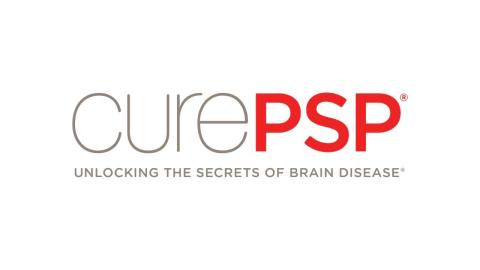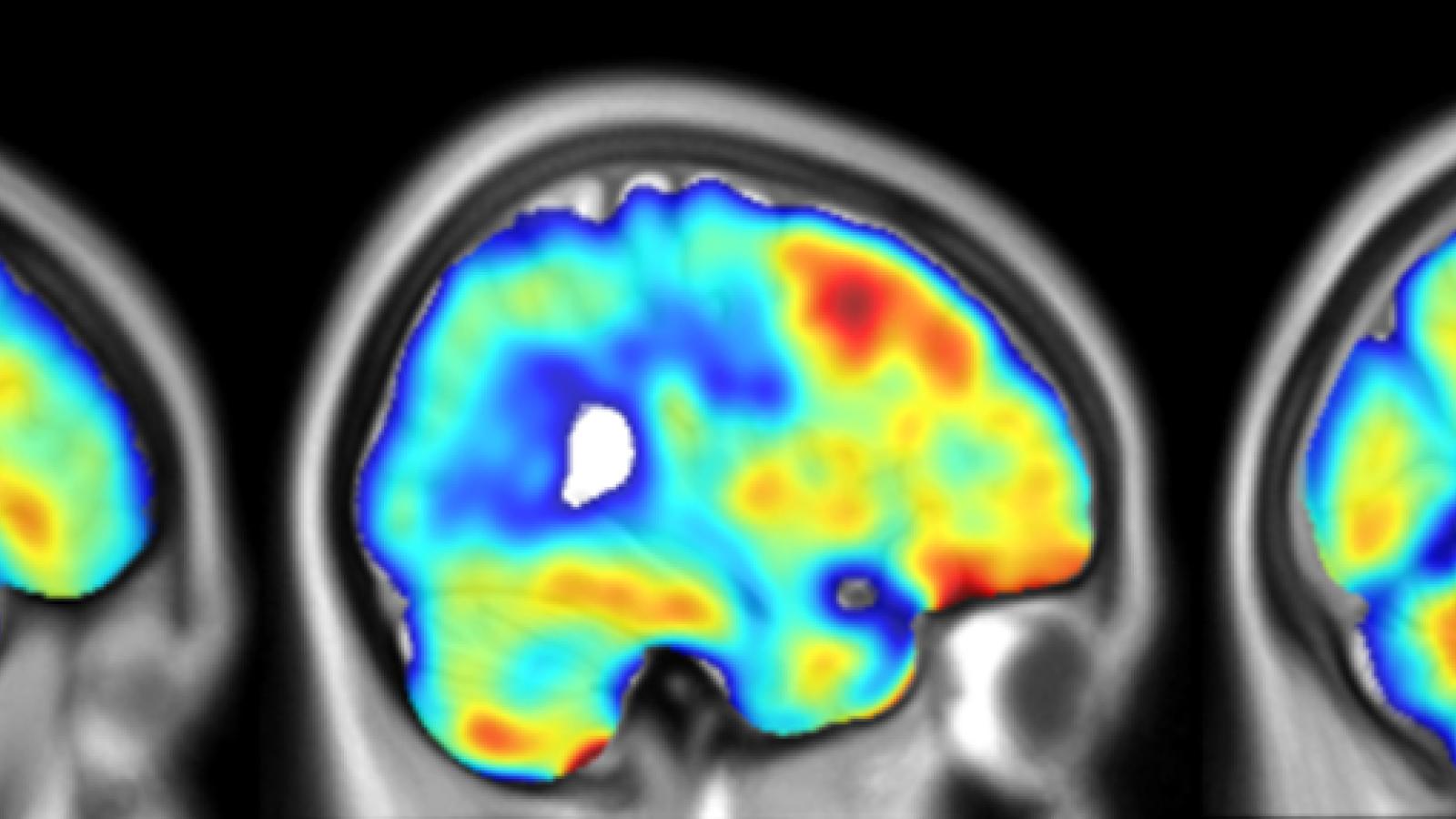Info
Accelerating the development of new treatments
Most dementias are degenerative (wear and tear of brain cells) with a build-up of harmful junk proteins and chronic brain inflammation. Higher brain inflammation is linked to more severe symptoms and faster decline over time. Anti-inflammatory or immunity-based treatments might slow or prevent decline. But better tests to measure inflammation are needed to identify who may benefit most from these treatments, when to treat, and importantly which part of the immune system to target. The Malpetti Lab use specialist brain scans and novel blood tests to measure inflammation in volunteers with different dementia types, to accelerate the development of new treatments.
Latest news
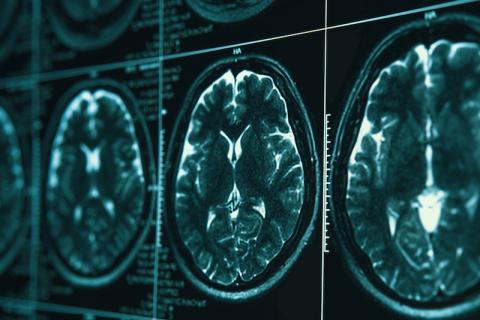
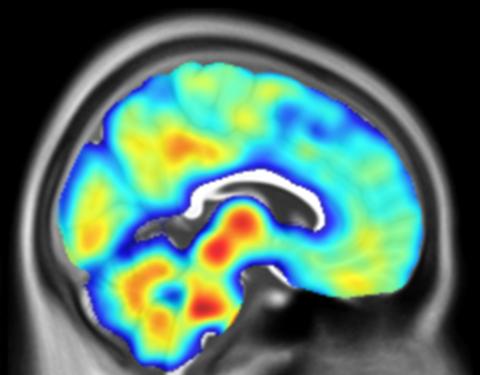

Dr Maura Malpetti
Dr Maura Malpetti is an Emerging Leader at the UK DRI at Cambridge. Find out more about her career and expertise on her profile page.

Research summary
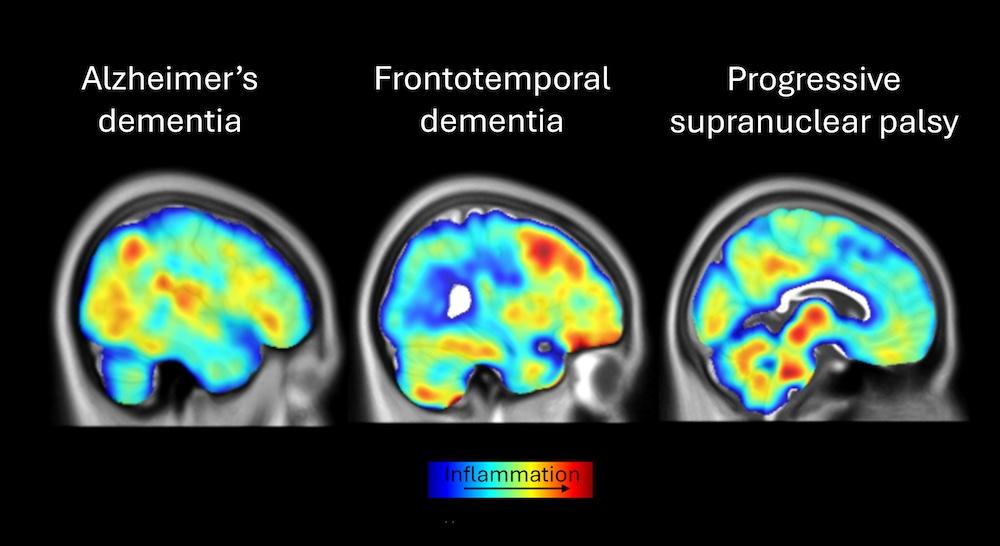
Images of TSPO PET as marker of microglial activation in volunteers with Alzheimer’s dementia, frontotemporal dementia and progressive supranuclear palsy. Credit: Dr Maura Malpetti
Inflammation in frontotemporal dementia and related disorders: mechanisms, biomarkers and clinical trials
Neuroinflammation is an important pathogenic mechanism in neurodegenerative diseases. However, immunotherapeutic strategies are hampered by lack of knowledge about individual differences in inflammation, their causes and consequences. Dr Malpetti’s studies with PET imaging strongly support the role of central nervous system inflammation in accelerating disease progression in people with Alzheimer’s disease, frontotemporal dementia and primary tauopathies. In people with these conditions, a range of anti-inflammatory treatments could be helpful to slow or prevent decline.
The Malpetti Lab are investigating diverse methods to measure inflammation integrating clinically relevant and mechanistically informative neuroimaging and blood-based markers in people with frontotemporal dementia and primary tauopathies, capturing immune signatures, their interplay with pathology and downstream effects, including synaptic loss and clinical decline. Establishing inflammatory “fingerprints” in people with dementia will facilitate accessible and scalable biomarkers to support personalised medicine, early screening strategies, and target-specific immunomodulatory therapies. To this end, she has established and is leading the 'Open Network for Frontotemporal Dementia Inflammation REsearch' (ON-FIRE). The team applies longitudinal statistical models and multimodal imaging analyses, with an interdisciplinary approach that integrates imaging and clinical data with fluid markers and post-mortem pathology.
Main programme aims:
The Malpetti Lab's overarching aim is to accelerate new treatments for frontotemporal dementia and related disorders. Specifically the team aim to:
- Characterise the predictive value of in vivo PET imaging for inflammation, molecular pathology and synaptic loss in frototemporal dementia, Alzheimer’s disease and related conditions
- Identify novel clinically viable and mechanistically relevant PET and fluid-based biomarkers in dementias to empower target discovery and clinical trials
- Investigate brain and immune changes in pre-symptomatic genetic frontotemporal dementia for early interventions
Vacancies
Key publications
Lab members
- Kei Onn Lai (Postdoctoral Researcher)
- Roosmarijn Frohn (Research Assistant)
- Julia Goddard (Research Assistant)
- Katherine Birditt (PhD Student)
- Noah Shapiro (PhD Student)
- Harry Crook (PhD Student)
- Davi Vontobel (PhD Student)
- Meira Van Schaik (Student)

Collaborators







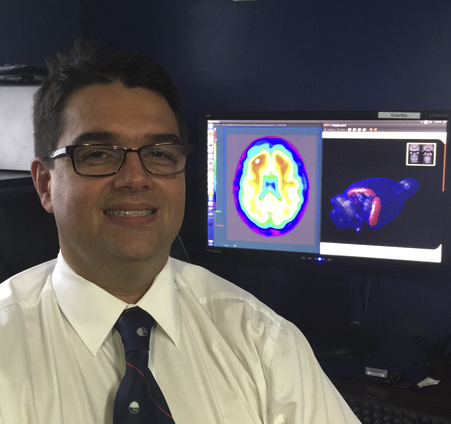
Lab funders
Thank you to all those who support the Malpetti Lab!


